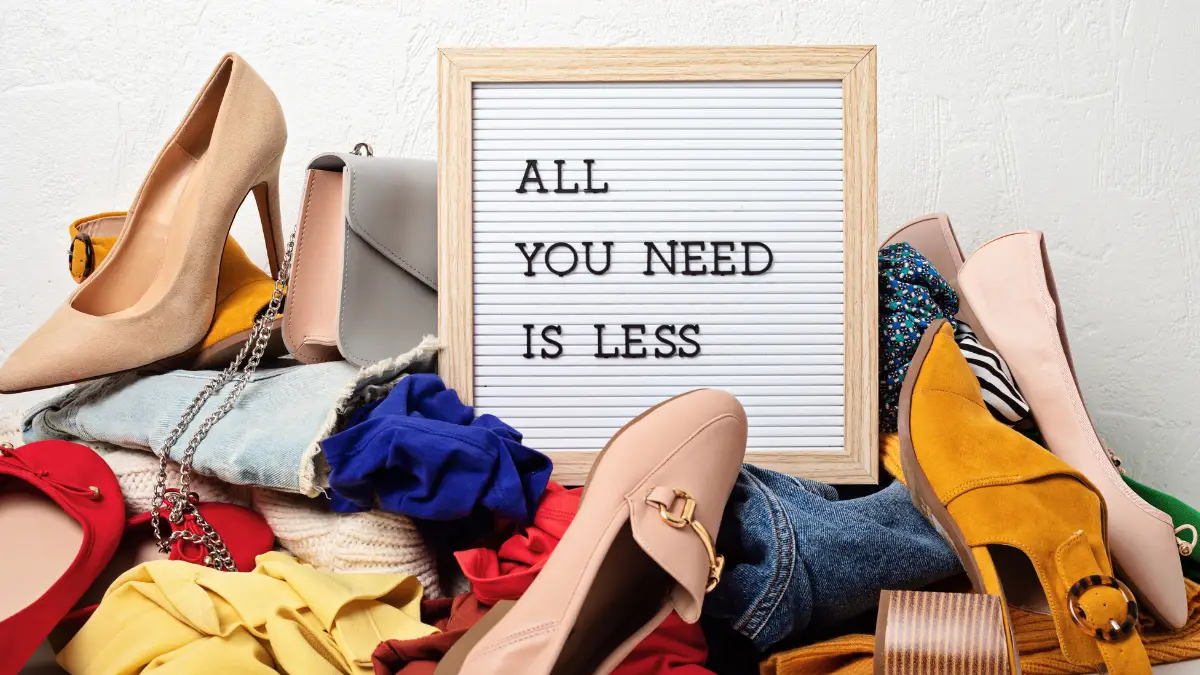Most people are present on some of the countless social media apps. Detailed analysis by the Kepios team shows that there are 4.95 billion social media users worldwide by October 2023, which is 61.4 percent of the total global population. That means a population of 4.95 billion people exists in the digital world. Whatever is happening in this digital world is also affecting real life, and it can be noticed that the real life and the life in the digital world have become complementary to each other. Things in the digital world determine everything in a person’s life whether it is choice of clothes, choice of movies, choice of destination for vacations, even what should be put in children’s lunch boxes or many such things.
How the digital world affects the real world of people
The digital world is no longer just a way of introduction to people sitting far away, but has become a market. Apart from the people whose lives one wants to know a little about, most of what we see are commercial advertisements. Ever since the dragon apps of social media have opened the monetization policy for the people, people are working a lot behind it so that they can earn money from their social media existence.
Rijitha R. writes, “social media platforms have waved their path in to Advertising and sales than entertainment and feeds. Social Networking sites like, Facebook, Instagram, Twitter, YouTube etc. describes itself as the perfect marketing tool because its developers have created an advertising system which allows businesses to use the information of each social media user for targeted advertising.” However, this monetization has also opened up new careers for people like becoming an Influencer, YouTuber.
Advertisement’s vicious cycle controlling the conscience
These people create their own content, big marketing companies get them to promote their products and from this they also get money and the company’s product also gets promoted. To keep this cycle going, new trends come in this social media market. For example, what is trending a lot these days is “Must Have Videos” i.e. a video of a few minutes appears on the screen in which a person says, “you must have such and such item” this is based on the gender and targeting consumers are women.
Examples for such videos are: “These five types of jeans are a must have on girls” and “These decorative items are a must have in your home.” What are these “must haves” creating in people’s consciousness? This is making people feel in their subconscious mind that if they don’t have the stuff they are supposed to, according to the video, then they ain’t living a rich life. Their wardrobe is incomplete if they don’t have the five jeans mentioned in the video. There is another trend of one such video which is on a particular company like “Amazon Hall/Flipkart/Meesho Haul.”

In these videos it is said by an influencer that what things must get it from a particular company. It is noticed that in influence of such videos people buy things that are sometimes not that useful. For example, a potato masher tool. Is it really necessary. A complete set of more than ten rubber bands to tie hair, a different pair of shoes for each dress—are these really necessary? All such trends and marketing strategies are pushing people towards hyperconsumerism. Buying more than the basic requirement is a sign of consumer greed, but why is there such greed?
Emily Stewart explains in her work that, “The key impetus for contemporary consumer society has been the growth of inequality, the existence of unequal social structures, and the role that consumption came to play in establishing people’s position in that unequal hierarchy. For many people, it’s about consuming according to their social position, and trying to keep up with their social position”. The digital world is spreading this greed very well. There are many dangers of this over-consumerism which if we still do not understand then we will be living a plastic life around us in every way.
Personality selling is the new way of earning
Those who are propagandists of this cause on social media and are continuously creating “branded content” are getting lost in the process of “personality selling”. Personality selling means selling one’s self and monetizing it. White Collar: The American Middle Classes is a pioneering and major study of the American middle class by prominent sociologist C. Wright Mills, published in 1951. In this line of thought, he elaborates the concept of the “personality market” in which he writes, “In a society of employees dominated by the marketing mindset, it is inevitable that a personality market emerges. Due to major changes in manual skills, from the art of handling people to selling and serving people, the personal or even intimate qualities of workers are drawn into the field of exchange and become commodities in the labor market.”
Social media and rising feelings of relative deprivation
This social media, which is pulling towards hyperconsumerism, is promoting relative deprivation among people. Relative deprivation is defined in psychology as “the belief that a person will feel deprived or entitled to something based on comparison with someone else.” Relative deprivation theory is based on the assumption that people will often feel that they have less of something than a comparative standard. “People may feel relatively deprived of tangible goods, such as money or a car, or of intangible goods, such as social status or respect.”
This lack in social status is helpful in laying the foundation of many types of social movements, but in the context of social media, market and hyperconsumerism, this relative lack is leading people to despair. They are comparing their own existence, the physical, emotional presences in their lives, to other people. Researchers found that women make upward social comparisons with others, which ultimately results in increased negative feelings about themselves. Most women measure themselves against a social norm.
Hyperconsumerism leading to cultural homogenization
Hyperconsumerism is promoting cultural homogenization. This homogenization is in favor of western culture. Our country is a combination of diverse cultures, we do not see it as a special culture only like Hindu culture, Christian culture etc. Every class, caste and religion has its own culture here.
Hyperconsumerism is destroying this diversity of cultures due to which clothing, eating habits, style of living all seem to be the same. When this happens, one starts losing the consciousness of being an individual and unique self.
Becoming slaves of over consumerism
In research published on Science Direct, Reza Jamali writes, “Increased homogeneity will weaken the politics of subordinate ethnic identity while silently promoting the politics of dominant ethnic identity. Here, there is concern about the spread of an economic, political and social culture that, while calling itself ‘global’, is actually rooted in mainstream American and Western European cultures and values.”
The market that has been created on social media and the campaigners that have been created through the system of monetization are influencing the elections of millions of people. What we should eat, what we should wear, what we should listen to, even how we should look, is coming to us through these preachers. In such a situation, it is important to maintain personal identity and stand, otherwise we are gradually becoming slaves of this over-consumerism and it is not only worrying us by affecting our purchasing power but is also trapping us in the cycle of mental dilemmas.








